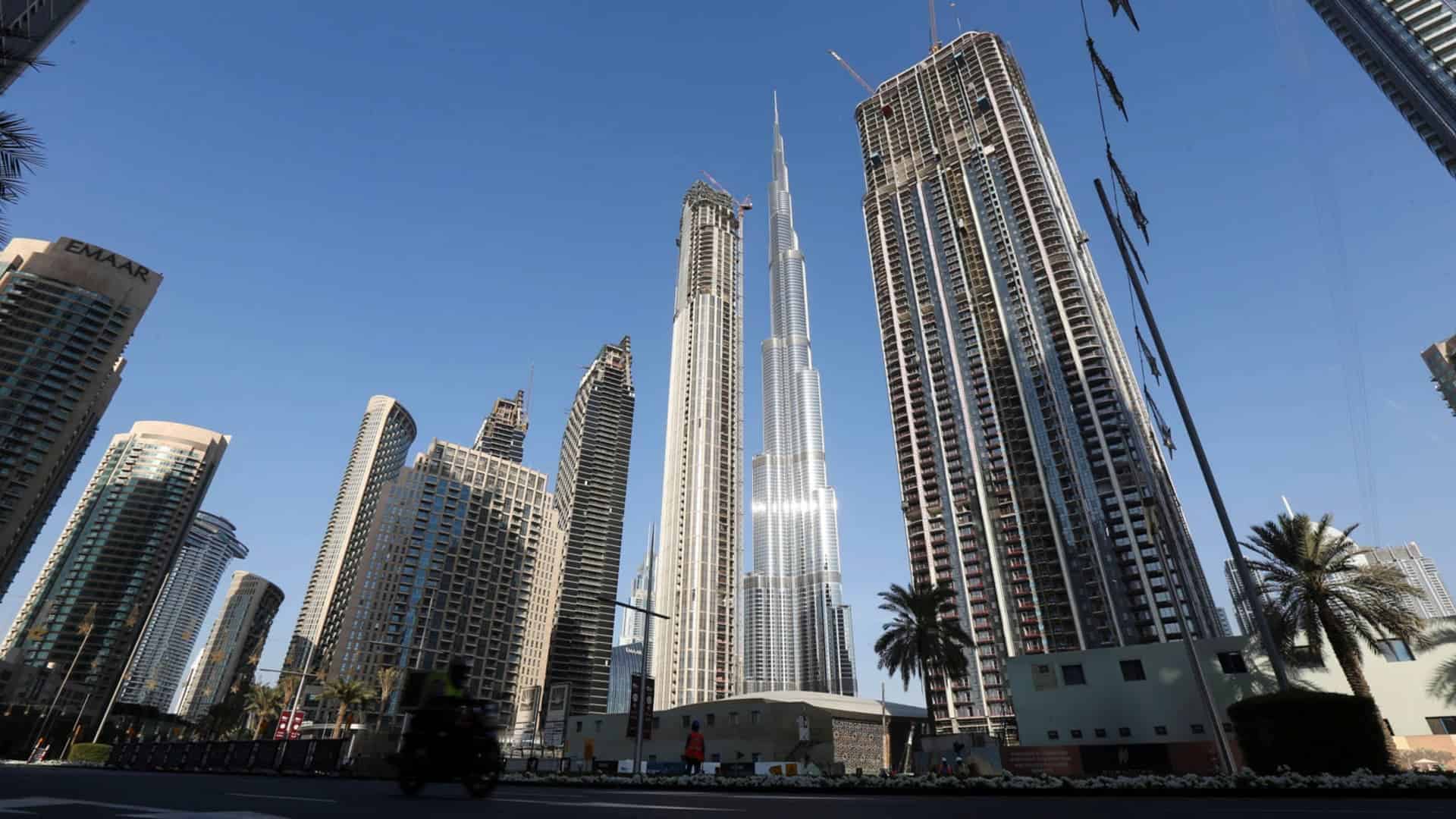Dubai, UAE — The UAE has announced several landmark decisions since the beginning of 2022, and the most important is the first-ever corporate tax and changes in the immigration rules by introducing a new visa system.
The introduction of new laws regarding the ownership structure of mainland companies will boost the economy, as it will attract more business investors that wouldn’t need the previous law allowing foreign business people to only have a 49 percent ownership.
The new law allows a foreign investor 100 percent ownership. As seen before, the moves by the UAE will spill over to the remaining GCC countries, boosting their economies.
On January 31, 2022, the UAE Finance Ministry announced the introduction of corporate tax, which represents a significant shift for a country that’s long attracted businesses from around the world thanks to its status as a tax-free commerce hub.
Speaking to TRENDS, industry experts said that tax reforms and changes in immigration rules would attract more people and foreign investment that would further boost the UAE economy in the coming years.
Corporate Tax impact
On June 1, 2023, the UAE is expected to become the fifth country within the Gulf Cooperation Council (GCC) to have a corporate tax regime. The new corporate tax would bring an additional $13 billion in revenue to the government purse.
With the introduction of corporate tax, the UAE has opted to align itself with the global economy and move away from the status of a zero-tax country. Such integration is critical given the ever-increasing global footprints of the UAE businesses.
It is to be noted that the UAE corporate tax rate of 9 percent for taxable income exceeding AED375,000/- ($102,000) on the UAE mainland entities would be the lowest among GCC countries and one of the lowest when compared with other low tax jurisdictions across the globe.
Nimish Goel, Partner at WTS Dhruva Consultants, said, “The UAE should continue to remain an attractive destination within the GCC for doing business even post-introduction of corporate tax. The lower tax rate should help UAE continue attracting large-scale investment from businesses and corporate behemoths across the globe.”

Goel said, “Also, the free zones would be exempt from corporate tax. Thus, the start-up ecosystem largely based out of such free zones and one of the main drivers of growth should remain largely unaffected by the introduction of corporate tax.”
He added: “The corporate tax will also help UAE in diversifying its oil-driven economy. The additional revenue generated could be utilized to create better infrastructure and a more business conducive environment. This should further increase the competitiveness of UAE as a global destination for attracting large-scale investments vis-a-vis other countries in the region.”
Peter Maerevoet, Global CFO and the Regional CEO for Asia, Tradewind Finance, said: The move would further add momentum to the UAE Economy – the major economic engine of the Middle East and North Africa (MENA) region, allowing gradually its dependence on the traditional revenue earned from fossil fuel.”

Rob MacTighearnain, CFO at Bayzat, said, “I see this as a positive step for the UAE and other GCC governments that follow suit with the implementation of corporate income tax laws. The country’s leadership has demonstrated a clear intention to cement the UAE’s position as a global hub for business and innovation. The introduction of corporate income tax strongly aligns with this vision by affirming the country’s credibility in the eyes of the global business community.”
Arun Leslie John, Chief Market Analyst at Century Financial, talked about the new VAT amendments and said these were made in accordance with the GCC Unified VAT Agreement, an effort to adopt best practices and standardize the tax framework. “A streamlined approach enhances the ease of doing business across the UAE and GCC economies through a shared understanding of the rules and provisions within the region, Arun said.

Omer Saleem, Director and Deputy CEO of Proven, said that the impact of corporate tax would be a more sustainable economic growth model whereby resources are invested in maintaining and enhancing long-term competitive factors from today’s economic value creation.
Vikas R Panchal, General Manager – MENA, Tally Solutions, said, “The new tax law will strengthen the UAE and GCC economy and attract well-meaning businesses and corporate giants from across the world. It will also make GCC and UAE a leading hub for business and investment in the world.”
Impact of Visa Changes
The UAE has changed its immigration rules by introducing a new Advanced Visa System from October 3, 2022, to allow longer tourist visits and a simpler application process.
The new Visa System is a significant restructuring of the country’s current immigration policy and aims to boost the number of residents. It comprises many residency types and the addition of new ones to cover all segments of investors, entrepreneurs, scientists, specialists, high-achieving students and graduates, humanitarian pioneers, frontline workers, and skilled labour in all fields, in addition to streamlining procedures.
The new visa system offers 60 days visit visa, a five-year multi-entry tourist visa, a job exploration visa, a five-year green visa, and a 10-year golden visa with more categories and benefits.
Arun Leslie John, Chief Market Analyst at Century Financial, said that the new visa system would positively impact the development of the economy by attracting more talent and investments from GCC countries and the wider international community. Additionally, these visa law changes coincide with the reforms in commercial law, compounding the benefits. The New Law addresses foreign investment and ownership, special purpose vehicles, and general corporate governance issues to improve the business environment for investors, John said.

He added: “The adoption of these progressive reforms enables UAE to fuel a solid business ecosystem and further its mission as one of the world’s leading destinations.”
Peter Maerevoet, Global CFO and the Regional CEO for Asia, Tradewind Finance, said, “With the introduction of longer-term visas for residents, it will boost the economy, as it will attract more new real estate investors and encourage current residents to invest in the competitive real estate market. It will give investors a more feel of security.”
Rob MacTighearnain, CFO at Bayzat, said, “Offering both longer term and non-employer connected visas to qualified professionals is a transformative change which will increase the country’s competitiveness in the global market for top talent and help to shape the UAE as a key economic player well into the future.”

Omer Saleem, Director and Deputy CEO of Proven, said, “The impact of changes in visa and business laws would lead to the region being able to attract foreign capital and talent and utilize these to realize the goals for sustained growth.”
Vikas R Panchal, General Manager – MENA, Tally Solutions, said, “Business and visa laws will strengthen, and the government is doing everything it can to make individuals and businesses feel they belong. In the UAE, the government has started issuing Golden Visas, which are signals for attracting long-term investment. In addition, the green visa, the 60-day tourist visa, job exploration visa, and more will result in simplified requirements and more benefits for visitors and residents.”








